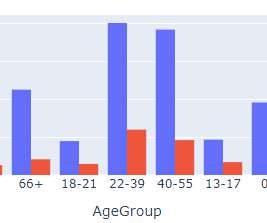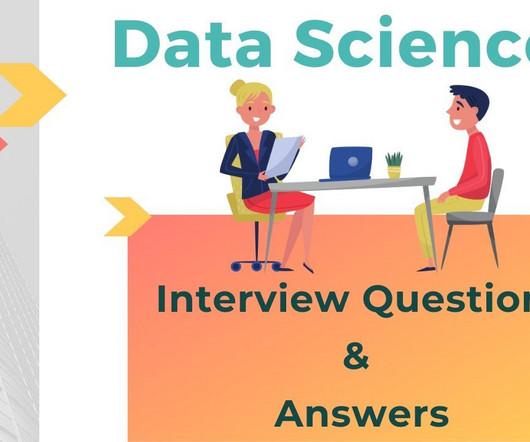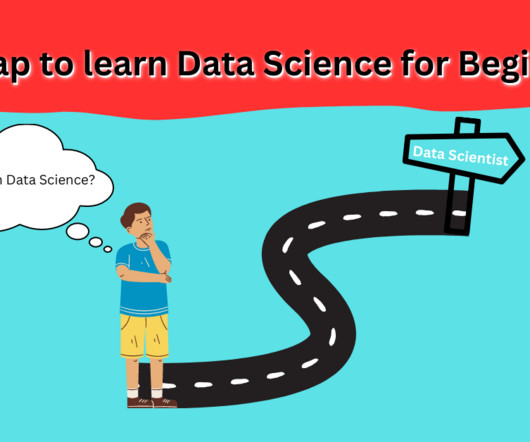Mastering Exploratory Data Analysis (EDA): A comprehensive guide
Data Science Dojo
JANUARY 22, 2023
In this blog, we will discuss exploratory data analysis, also known as EDA, and why it is important. EDA is an iterative process of conglomerative activities which include data cleaning, manipulation and visualization. We will also be sharing code snippets so you can try out different analysis techniques yourself. DSD got you covered!












Let's personalize your content